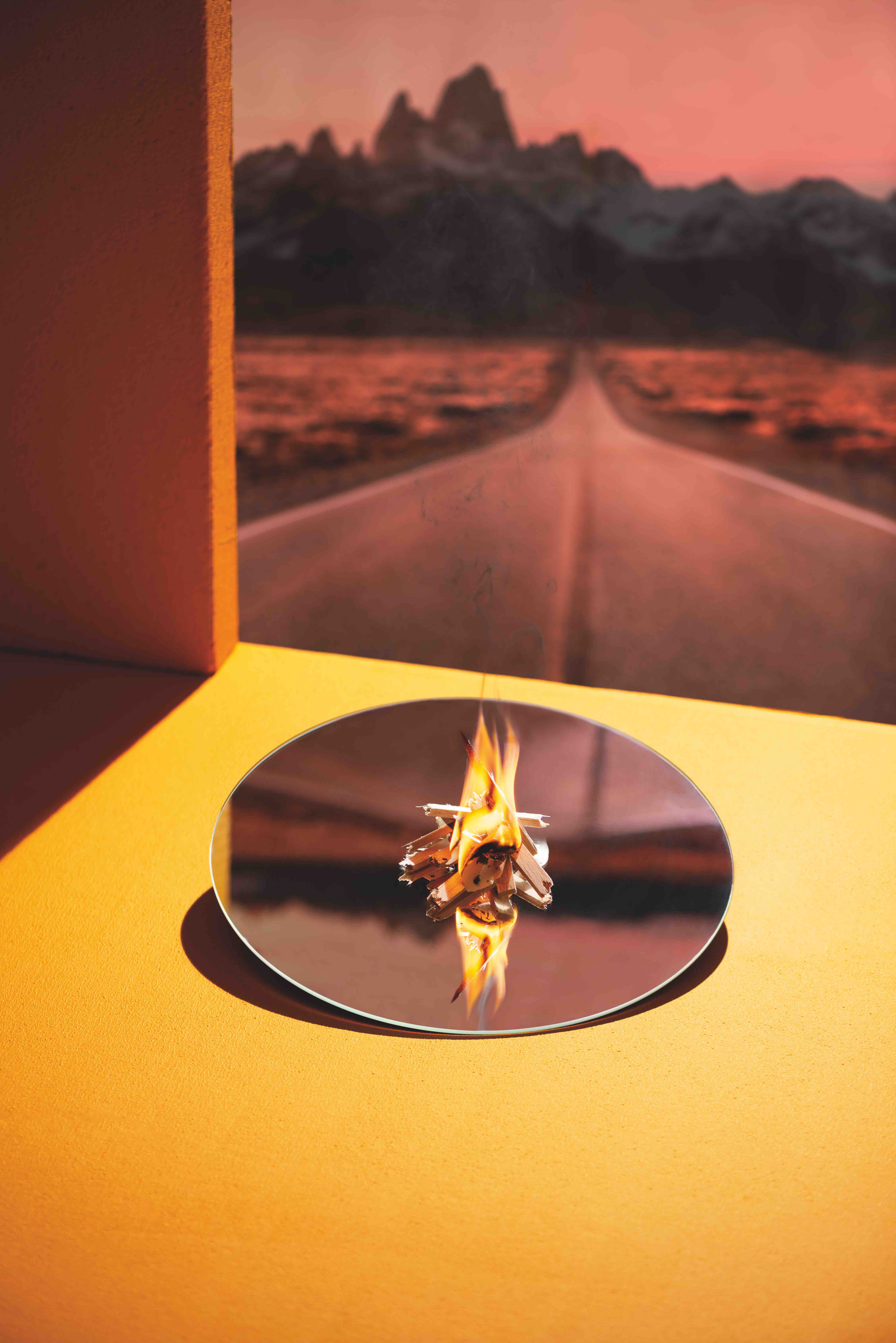Writer Zen Cho dreams of the day she can finally return from the U.K. to Malaysia.
My travel dreams post-quarantine are prosaic—no boldly going where no one has gone before, no quest to Rivendell. I just want to go home.
Before the pandemic, I had already been making small efforts to leave less of a mark on the Earth. Individual consumption choices will not arrest climate change without the action of government and industry, but if we are to survive as a species, the future of travel must be for us to travel less, to make each journey mean more.
Every year I make one annual trip to Malaysia, where I was born and raised, from the United Kingdom, where I live now. On my last trip home, I went to Penang to research a novel. Penang is an island in the north of the peninsula, not far from the border with Thailand. I lived in Penang from age seven to nine; when I was growing up, we traveled there every Lunar New Year. It’s a place I have a strong connection to, somewhere that is meaningful to me on a personal and creative level: When you’re an immigrant, you keep vital parts of yourself in different places, like a magician who locks their heart away in a chest so no one can defeat them without the key.
But it’s also got gods around every corner. There are the resplendent clan temples in historic George Town, to which tourists flock, but also altars nailed up on every roadside pillar—one at eye-level for the Jade Emperor, one at the bottom for the Earth God. Temples in car parks that are just some corrugated metal roofing over a few gods. And the ubiquitous red shrines to Datuk Kong, the local genius loci. Worshipped by polytheist Chinese, the Datuk Kong spirits themselves are Malay-Muslim—Malay-Muslims form the majority of the population of Malaysia, after all—so food offerings must be halal.
The novel I’m working on is about gods and ghosts, entangled in a troubled family history. Penang is the perfect setting. It’s a modern city, with air-conditioned shopping malls, boutique hotels, hipster cafes—everything a Millennial Malaysian or comfort-loving tourist might want.
You keep the ghosts of the places you have lost with you.
I no longer live in Malaysia, but stories about gods and ghosts perform the same function for me that they did for my forebears, who came to Malaysia from China, seeking what all travelers do—something new.
My ancestors missed home, though, and spirits are portable. They don’t need plane tickets or visas. They’re a way of accessing the past, of going home without going back. You keep the ghosts of the places you have lost with you.
In quarantine, we’re all cut off from some person or place or thing we love. I hope it reminds us, when we’re traveling again, to tread lightly in the places we visit, to respect their guardian spirits. I hope we stay gentle.
Zen Cho is the U.K.-based, Hugo Award-winning author of the novelette “If at First You Don’t Succeed, Try, Try Again.”


